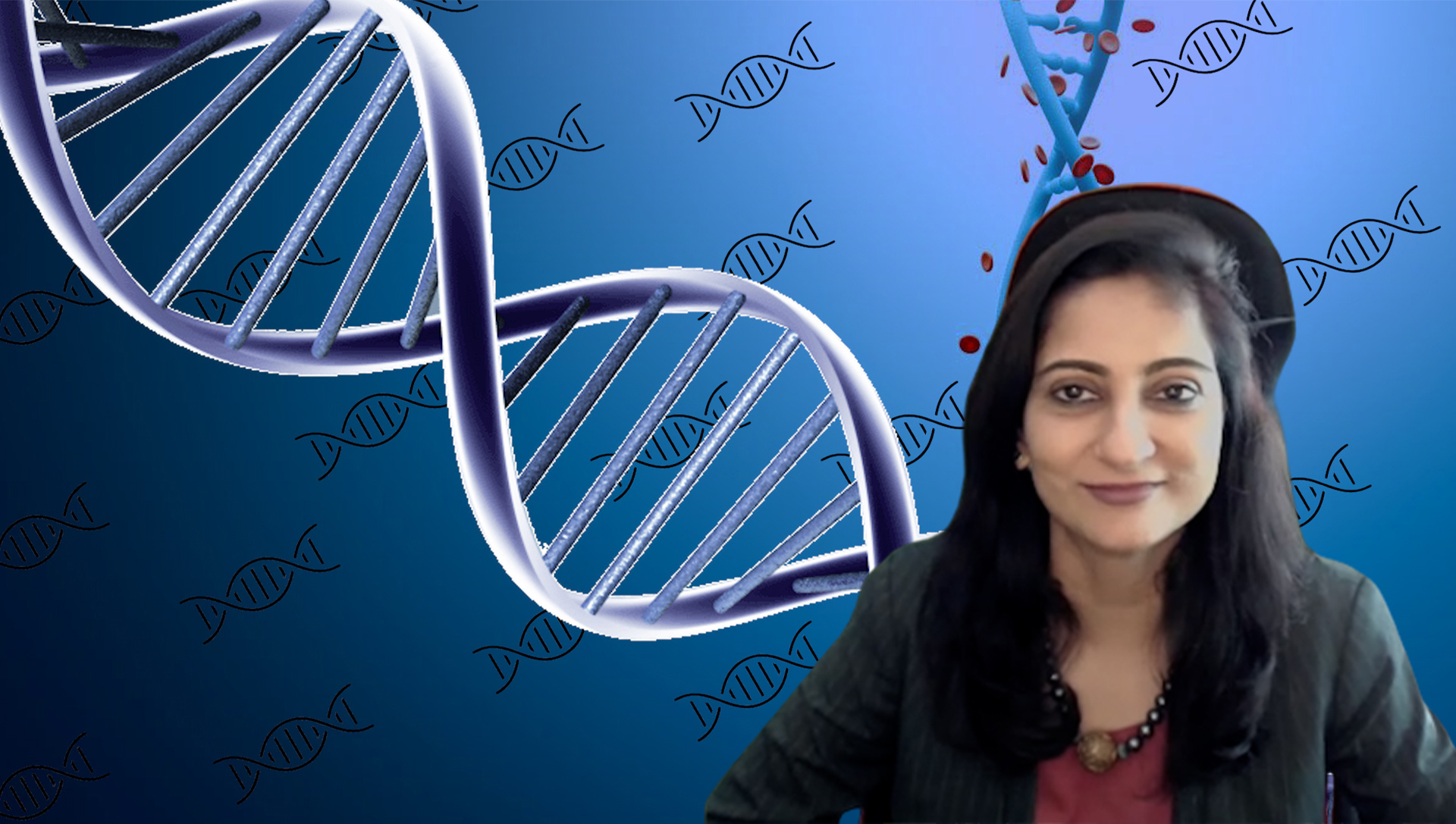NEW DELHI: With the addition of Madhya Pradesh and Jammu & Kashmir, Genomepatri Heritage, the DNA-based ancestry analysis, is now pan-Indian, covering all the states of India.
With the addition of the two states, Genomepatri Heritage Database will now provide complete data on the ethnic composition of the Indian population along with Mapygenome’s global database.
“Earlier, Madhya Pradesh and Jammu & Kashmir were not included due to lack of proper data from these states. We have now added data from those states, thus creating a comprehensive database of ethnicity composition for every state of India. As a result, there will be more accuracy in the data generated from Genomepatri Heritage,” says Dr Sandhya Kiran Pemmasani, vice president, Bioinformatics, Mapmygenome, the company behind Genomepatri Heritage.
ALSO READ: This Woman IITian Leads India’s Covid Fightback From Hyd To Delhi; More R&D On Anvil
While the traditional janampatris still holds relevance to most of the country, Indians are now warming up to the idea of DNA-based ancestry analysis – more out of curiosity and a desire to know one’s possible ancestors, a concept that is popular in the west.
“We get around sixty samples per month at Mapmygenome, which shows that people’s curiosity to discover their ancestral roots are rising,” Dr Kiran said.
I'm intrigued by human migration&history, so tried a DNA test for ancestry, the @Genomepatri Heritage test from @mapmygenome. Fascinating results helped in my personal quest to know were my genes came from. If you're just as curious as i am, here's a link: https://t.co/1Zxo8Qh3sy
— Shashi Tharoor (@ShashiTharoor) February 24, 2020
Talking about the significance of Genomepatri Heritage in a culturally diverse country like India, Anu Acharya, CEO of Mapmygenome, said, “Who we are and where we came from are fundamental questions that any curious human would be keen to find out. Genomepatri Heritage allows us to help individuals understand their origins.”
Genomepatri Heritage determines the percentage of DNA one shares with different ancestral groups and delves into the cultural, ethnic, and geographical diversity that forms one’s genetic legacy, with a specific focus on Indian ethnic subgroups and populations.










